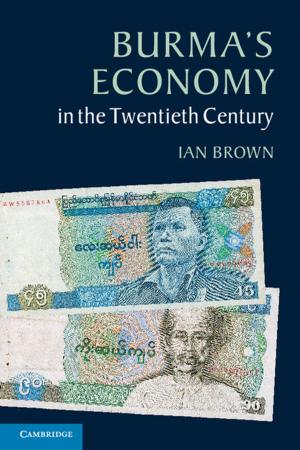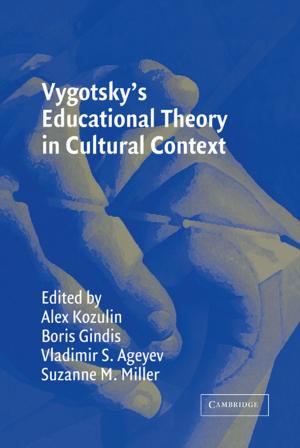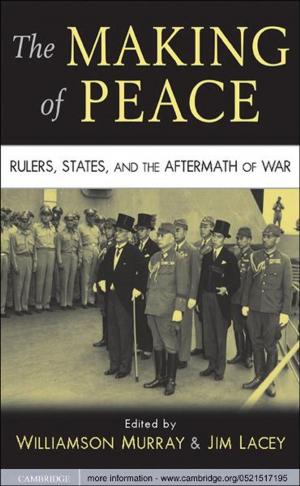Salafism in Nigeria
Islam, Preaching, and Politics
Nonfiction, Social & Cultural Studies, Political Science, Government, Social Science| Author: | Alexander Thurston | ISBN: | 9781316776148 |
| Publisher: | Cambridge University Press | Publication: | September 22, 2016 |
| Imprint: | Cambridge University Press | Language: | English |
| Author: | Alexander Thurston |
| ISBN: | 9781316776148 |
| Publisher: | Cambridge University Press |
| Publication: | September 22, 2016 |
| Imprint: | Cambridge University Press |
| Language: | English |
The spectre of Boko Haram and its activities in Nigeria dominates both media and academic analysis of Islam in the region. But, as Alexander Thurston argues here, beyond the sensational headlines this group generates, the dynamics of Muslim life in northern Nigeria remain poorly understood. Drawing on interviews with leading Salafis in Nigeria as well as on a rereading of the history of the global Salafi movement, this volume explores how a canon of classical and contemporary texts defines Salafism. Examining how these texts are interpreted and - crucially - who it is that has the authority to do so, Thurston offers a systematic analysis of curricula taught in Saudi Arabia and how they shape religious scholars' approach to religion and education once they return to Africa. Essential for scholars of religion and politics, this unique text explores how the canon of Salafism has been used and refined, from Nigeria's return to democracy to the jihadist movement Boko Haram.
The spectre of Boko Haram and its activities in Nigeria dominates both media and academic analysis of Islam in the region. But, as Alexander Thurston argues here, beyond the sensational headlines this group generates, the dynamics of Muslim life in northern Nigeria remain poorly understood. Drawing on interviews with leading Salafis in Nigeria as well as on a rereading of the history of the global Salafi movement, this volume explores how a canon of classical and contemporary texts defines Salafism. Examining how these texts are interpreted and - crucially - who it is that has the authority to do so, Thurston offers a systematic analysis of curricula taught in Saudi Arabia and how they shape religious scholars' approach to religion and education once they return to Africa. Essential for scholars of religion and politics, this unique text explores how the canon of Salafism has been used and refined, from Nigeria's return to democracy to the jihadist movement Boko Haram.















